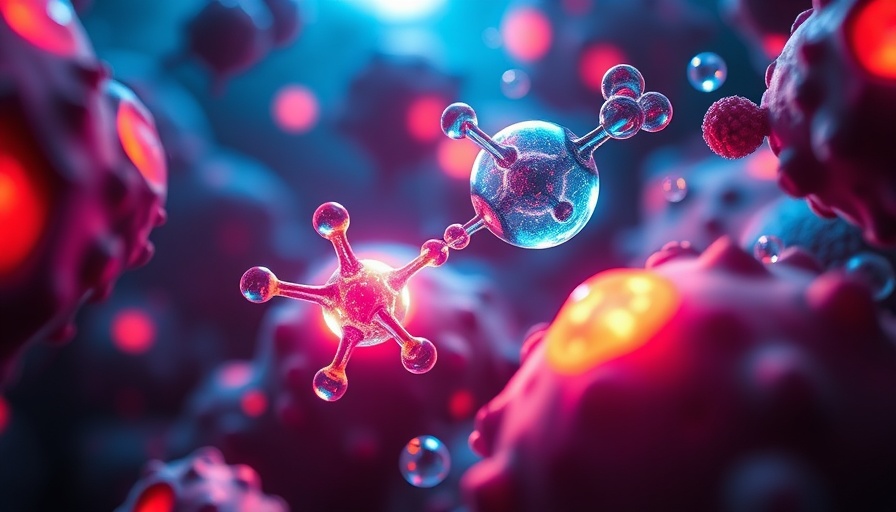
Glucose: The Cornerstone of Cellular Energy
In the realm of human physiology, glucose is revered as the primary source of energy, fueling the intricate processes that sustain our lives. It is a simple sugar, a six-carbon structure that plays a crucial role in maintaining cellular functions.
When we consume carbohydrates, they face an intricate conversion process, ultimately yielding glucose as a vital energy source. Whether derived from a simple fruit or the complex starches in grains, glucose powers aerobic and anaerobic respiration, the mechanisms through which our cells generate energy. For many cells, particularly those in the brain, glucose is not just an option, but the indispensable fuel.
The Energy Dance: How Glucose Fuels Our Body
Once glucose enters the bloodstream, it is transported to various tissues where it undergoes a series of biochemical transformations. The body converts glucose into adenosine triphosphate (ATP), the main energy currency used for nearly every process within cells. This journey of glucose—from ingestion to conversion into ATP—underscores its importance not just for metabolic processes but also for overall health.
A delicate balance is maintained between insulin and glucagon, two key hormones that manage blood glucose levels. Insulin facilitates the uptake of glucose into cells while glucagon mobilizes stored glucose from glycogen when energy demands arise. This interplay ensures that energy is available as needed, supporting everything from exercise to brain function.
The Consequences of Glucose Instability
But what happens when glucose levels fluctuate excessively? As highlighted in recent literature, unstable glucose levels can trigger a host of health issues. Hyperglycemia, or high blood sugar, can lead to fatigue, mood swings, and ultimately conditions like type 2 diabetes and cardiovascular problems. Conversely, hypoglycemia, characterized by dangerously low blood sugar levels, can result in symptoms such as confusion, irritability, and even loss of consciousness.
Recent studies show that maintaining stable glucose levels through lifestyle changes—like adopting a balanced diet rich in low glycemic index foods and incorporating regular physical activity—can significantly enhance not only energy levels but also mental clarity and emotional well-being. Such proactive measures are crucial for overall health, helping to prevent the rollercoaster swings that disrupt our body’s natural homeostasis.
Future Health: Understanding Your Glucose Levels
The advent of technologies like Continuous Glucose Monitors (CGMs) empowers individuals to actively track their glucose levels. These devices provide real-time feedback on how dietary choices affect one's blood sugar, supporting informed lifestyle modifications. For those unable or unwilling to use such devices, regular fasting glucose tests and assessing HbA1c levels at healthcare visits can help gauge long-term glucose management.
Understanding glucose dynamics not only enhances individual health management but can also contribute to broader public health outcomes by reducing the prevalence of metabolic disorders that stem from chronic hyperglycemia.
Inspire Change: The Empowerment of Knowledge
By recognizing the fundamental role of glucose in our bodies and the implications of its stability, individuals can take charge of their health. Lifestyle modifications that stabilize glucose levels lead to improved energy, mental clarity, and reduced risk of chronic diseases, paving the way for longevity and enhanced quality of life.
As we empower ourselves with knowledge about glucose and its impact on overall health, we embark on a journey of informed self-care—a journey that holds the promise of vitality and well-being for years to come.
 Add Row
Add Row  Add
Add 



 Add Row
Add Row  Add
Add 

Write A Comment